From the cultural diasporas of the recent past, to the increasingly location-independent present, humans are on the move like never before. We’re sharing our cultures, customs and languages with one another in an increasingly connected world, and it’s a beautiful thing. At the same time, it’s also important to step back and remember how we became who we are today. Our roots and heritage inevitably shape our identity, and it’s up to us to ensure that they are not lost to time, and to keep them alive for future generations.
Whether you’re from a family of immigrants, or if your ancestors have been part of the landscape as far back as anyone knows, there’s always something you can learn – and honour – about your roots and heritage.
Bonding With Your Bloodline
Every family has a story. Learning about your ancestors and rediscovering family lore is the most fundamental way to pay homage to those who came before you. Knowing – and celebrating – your family history will not only bring you closer to your kin, but it’s also something you can pass to your children, grandchildren and all the generations to come.
Do Your Research
Turn the work of research into a family affair: plan a family get-together and encourage everyone bring old photos and any interesting documents or artefacts. You’ll be sure to learn about relatives you hadn’t heard of before – and perhaps even see their resemblance to some of you. Consider creating a family tree together, to visualise your history.
Want to dig deeper? Apps like Ancestry and MyHeritage help you explore historical records and trace your ancestors back through time. Once you’ve unearthed a treasure trove of family history, share it: digital presentations, like slideshows, are all well and good, but if you (or a family member) have the space, turn an empty room into a family gallery with all the photos, documents and information you collect. Your relatives can visit the exhibition whenever they’re in town, and you can trade family stories. Which brings us to…
Listen To Their Stories
Another great way to remember and treasure your heritage is to have the whole family meet for a storytelling session from the oldest members of the clan. Grandparents and great-uncles and -aunts probably have some amazing long-ago stories about previous generations to share. Maybe one of them was a war hero, or left their country following a lost love. Unearthing the stories behind your roots is a great excuse to gather everyone together, and it’ll be especially entertaining for the kids.
Bring Everyone Closer
Have family living in different corners of the world? You can make it fun and meaningful for them, too. Plan an online trivia night to test your knowledge of family history with questions and riddles about past and present relatives. There can even be prizes for the winners, like a special family heirloom or a framed family portrait.


Remember Lost Loved Ones
A beautiful way to keep relatives who have passed still present is to dedicate a family event to them. On the day of their birthday or an important anniversary, plan for the whole family to visit their grave, and then spend the rest of the day together. You could prepare the honoured relative’s favourite dishes or one of their special recipes, play their favourite music or have everyone share their treasured memories of that person. It can turn into an annual event for the family to cherish and value the legacy of those who are gone.
Honouring Your Homeland
One other big part of our identity comes from our homeland – however you choose to define it. This might be the region in which you were born, or the country from which your great-grandparents immigrated. Maybe it’s the place you chose to settle and make a life. It could even be a combination; who says you can only have one?
Whatever “homeland” means to you, it serves to reminds us who we are as a community and what our values are – and whether we’re living abroad or not, it’s essential to maintain the important cultural traditions that are closest to our hearts.

Share The Culture
Nothing brings people together better than food. One of the best ways to celebrate your homeland and share its culture with others is by preparing and enjoying its traditional dishes. So, invite your neighbours over for a casual garden party and offer the most iconic foods and dishes from your place of origin. Your guests will learn about a different culture while enjoying a new culinary experience. You can even plan to watch your national sports together, and give them a common team to root for. How about watching capoeira while eating a delicious feijoada? Or delighting your guests with a classic Canadian poutine while watching your favourite lacrosse or ice hockey team? Showing off what you’re most proud of from your country and sharing it with people from different cultures is a truly enriching experience, for you and for them.
Celebrate The Holidays
Major holidays can be a dispiriting time for those living outside their countries of origin. Everyone back home is coming together, celebrating with good food and fellowship, while you’re stuck in a normal day, business as usual. But it doesn’t have to be depressing. You can – and should – still celebrate. One idea is to find compatriots where you are (local associations and even Facebook groups can facilitate this) and attend any festivities they might already be planning. Whether it’s a historical observance like Independence Day or Bastille Day, or a religious or folkloric tradition like Carnival or Diwali, you’ll likely find celebrations somewhere near you. And if not, consider hosting your own festivities and inviting your international friends, introducing them to your most beloved cultural traditions.
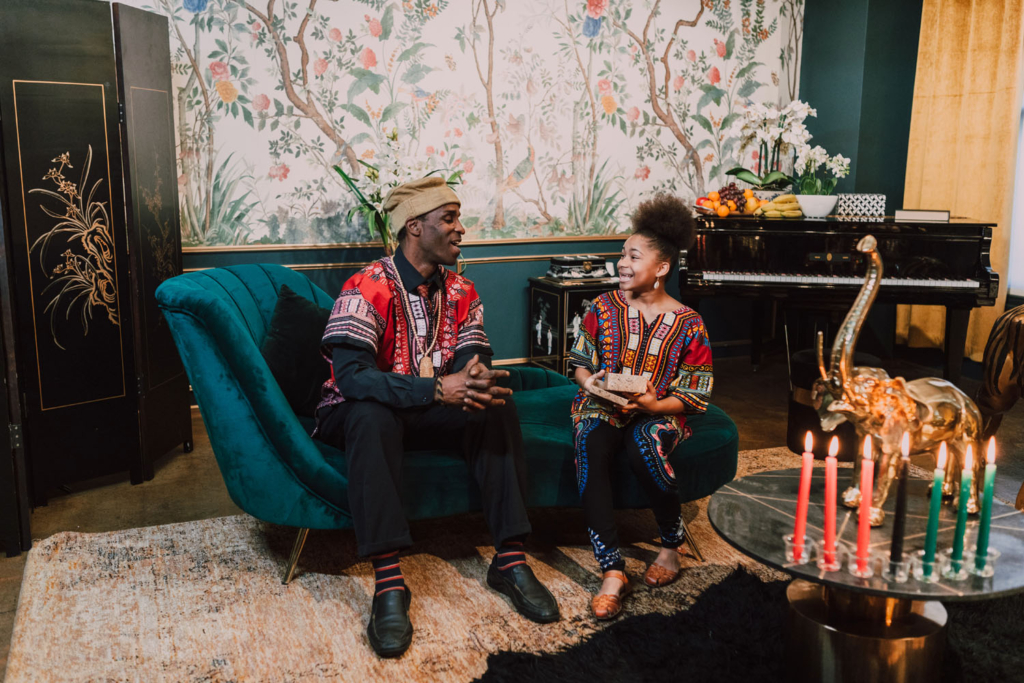
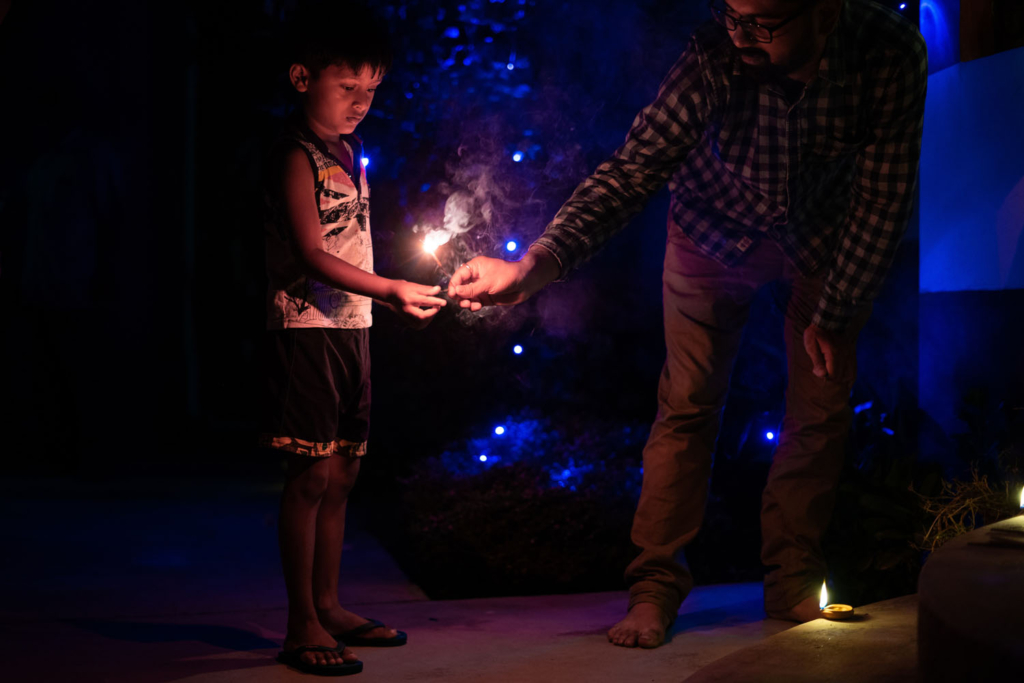
Visit The Landmarks
If you live in your family’s homeland, plan a monthly visit to cultural landmarks. Sometimes, the closest we are to our homes, the easiest it is to take its meaning for granted. Revisit art galleries, historic museums, gardens or burial sites that reflect any part of your heritage. If you’re living abroad, look for places that pay a special tribute to your culture. Maybe visit a Japanese garden in Buenos Aires, an African art museum in Chicago or watch a Flamenco performance in Sydney.
Speak The Language
Culture and language go hand in hand. If you don’t speak the language of your background, you’ll likely miss cultural nuances and won’t be able to read important books and documents that can help you in your journey to understanding your heritage. So set to work. Language-learning apps are a great place to start, but you should also consider joining a language-learning community or get a tandem partner to add a live and interactive element to your study. Learning the language directly from native speakers will give you a broader perspective of your heritage. Likewise, you could volunteer to teach your native language if you’re living somewhere it’s not spoken. That way, you’ll give others the opportunity to appreciate your culture, too.

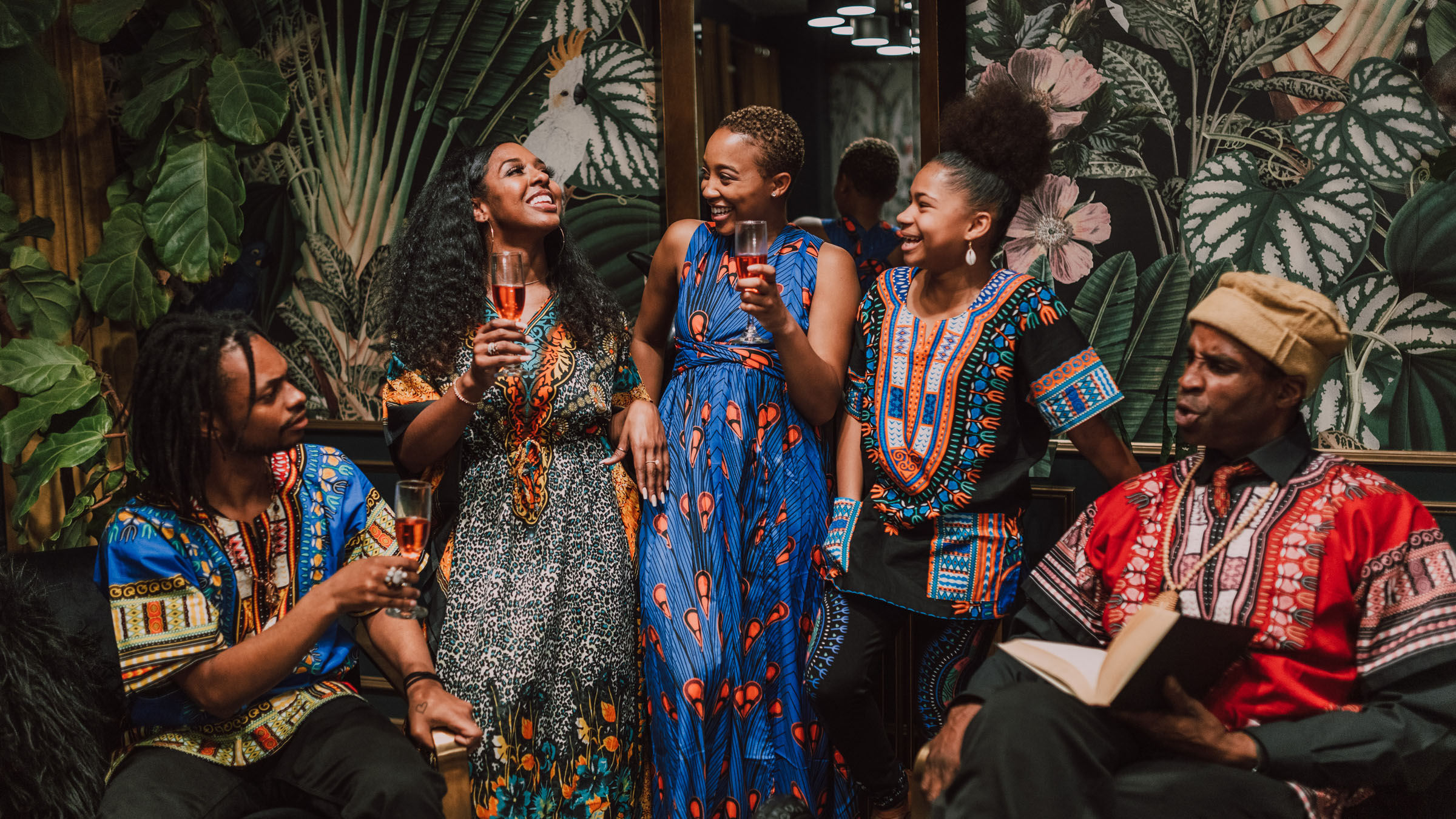


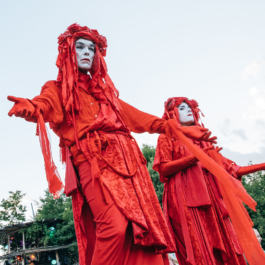
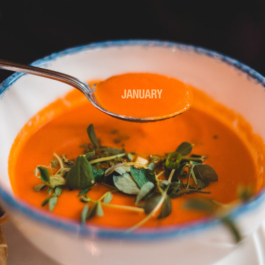

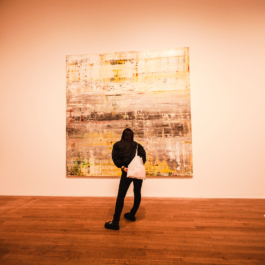



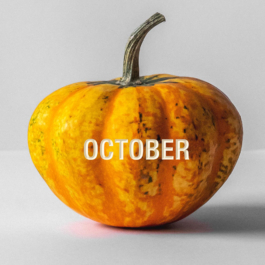

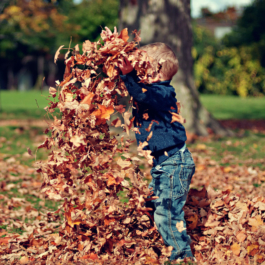
Sorry, the comment form is closed at this time.